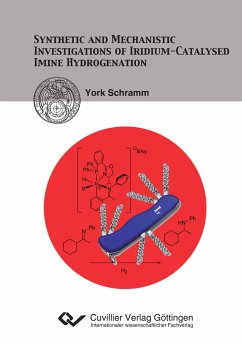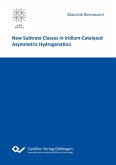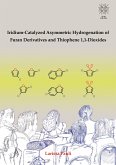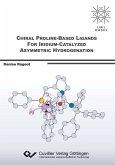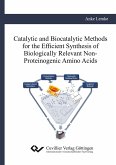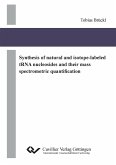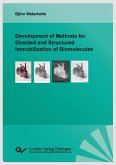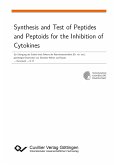The goal of this doctoral thesis was to gain a better understanding of the reaction course in imine hydrogenation as well as to develop an efficient protocol for the iridium-catalysed asymmetric hydrogenation of aliphatic imines. In the course of these studies, cyclometalation of a chiral imine to an achiral iridium complex generated a chiral catalyst. The structure of the cyclometalated imine was demonstrated to influence the enantioselectivity of the catalyst as well as to be involved in the enantiodiscriminating step of the hydrogenation. The iridacycles were investigated in further detail by two-dimensional NMR studies and their preparation was improved by counterion metathesis. Deuterium labelling experiments depicted addition of hydrogen along the C-N double bond. Optimisation studies for an efficient asymmetric hydrogenation protocol for purely aliphatic imines are described. Hydrogenations could be conducted at -5 °C achieving full conversion and improving enantioselectivities up to 92%. Cyclic aliphatic imines could also be hydrogenated with these iridacycles, but required elevated reaction temperatures as well as hydrogen pressures to achieve turnover. These studies concluded that iridium-catalysed imine hydrogenation is commenced by cyclometalation of the imine substrate to form an active iridium(III) catalyst prior to hydrogenation.
Hinweis: Dieser Artikel kann nur an eine deutsche Lieferadresse ausgeliefert werden.
Hinweis: Dieser Artikel kann nur an eine deutsche Lieferadresse ausgeliefert werden.

